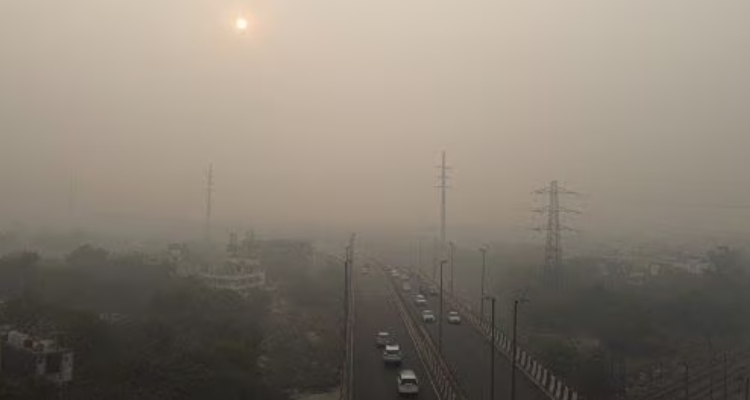
The Supreme Court of India on Thursday has agreed to urgently hear a plea on November 18, aimed at enforcing pollution-control measures in Delhi, as concerns mount over the capital’s rising pollution levels.
The decision came after senior advocate Aprajita Singh, appointed as amicus curiae, highlighted the urgent need to prevent Delhi from becoming the most polluted city in the world.
Singh informed the bench, composed of Justices Abhay S. Oka and Augustine George Masih, that Delhi’s air quality has deteriorated to “severe” levels, urging preemptive action as previously directed by the court.
“Since yesterday we have been in severe mode… They have not done anything. We should not become the most polluted city in the world,” Singh asserted.
The amicus also reported that she had notified the Commission of Air Quality Management (CAQM) to clarify the steps being taken to address the situation. The bench confirmed it would take up the matter on November 18.
According to the Central Pollution Control Board (CPCB), Delhi’s Air Quality Index (AQI) at 9 a.m. on Thursday reached 428, classified as “severe.” Of Delhi’s 39 monitoring stations, 32 recorded AQI levels above 400, signaling dangerous pollution. Key locations such as Anand Vihar, IGI Airport, and ITO registered severe pollution levels.
Wednesday’s air quality in Delhi was reported as the worst in the country, plunging into the “severe” category for the first time this season. The city’s 24-hour AQI, recorded at 4 p.m., climbed to 418, a marked increase from the “very poor” rating of 334 the previous day. An AQI of 401 to 450 is categorized as “severe,” while anything above 450 is “severe plus.” For context, an AQI between 0 and 50 is “good,” while 51 to 100 is “satisfactory.”
In a related ruling on November 11, the Supreme Court underscored the importance of a pollution-free environment, referencing its ban on firecrackers during Diwali. The court noted that no religious practice advocates pollution-generating activities, asserting that the right to a clean environment is a fundamental right under Article 21 of the Constitution.
The court’s current hearing aligns with a long-standing plea filed in 1985 by M.C. Mehta, which seeks to curb air pollution in Delhi and neighboring regions. With Delhi’s air quality deteriorating at an alarming rate, the Supreme Court’s intervention on November 18 will be critical in determining the next steps for pollution control in the capital.




